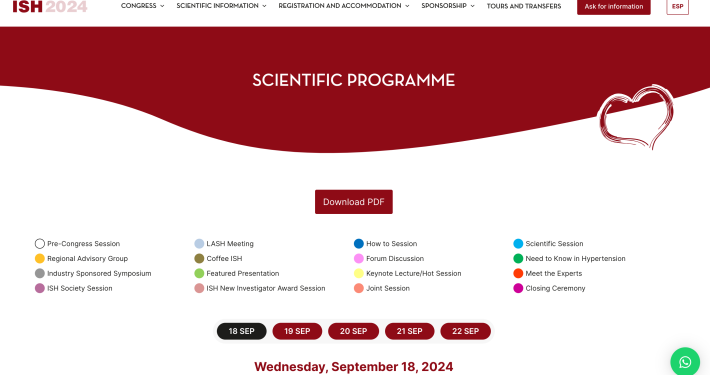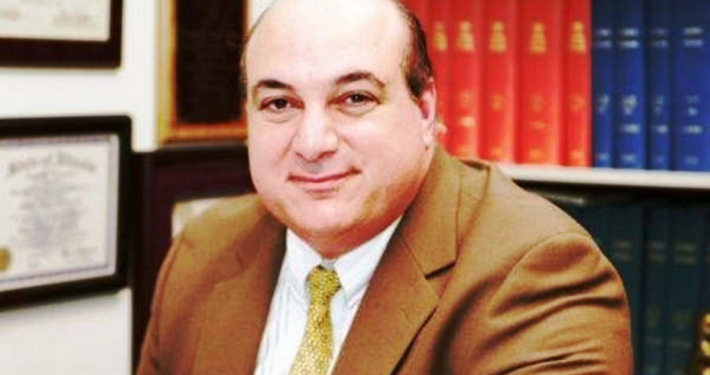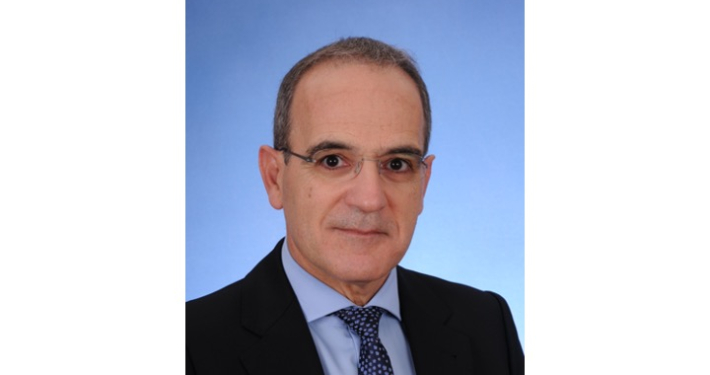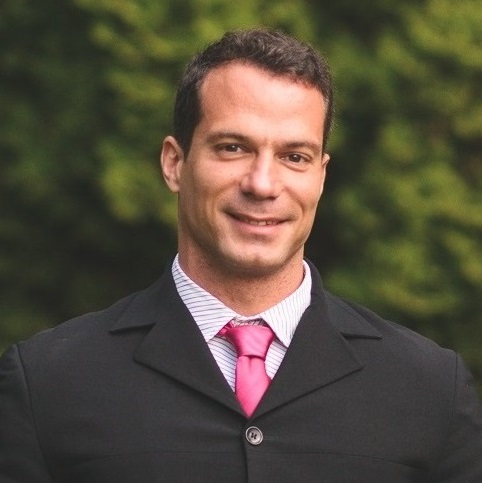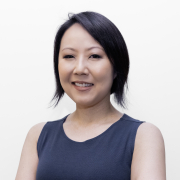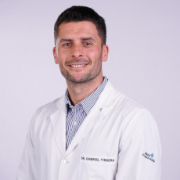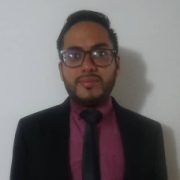- Tell us about yourself.
I am an Executive Dean Health Research Fellow at Deakin University in Melbourne, Australia. I obtained a BSc in Molecular Biology and Biochemistry from the University of Surrey (UK) and majored in Neuroscience (Hons). I completed my PhD at the University of Sydney (Australia). To date, I have received 16 scholarships to pursue research in prestigious institutions, including the University of Cambridge (UK), MRC-Laboratory of Molecular Biology (UK), University of New South Wales (Australia), and La Trobe University (Australia).
- What are your research interests?
Current research interests lie in the field of non-communicable disease epidemiology with a particular focus on the metabolic spectrum diseases, as well as the junction between NCD and communicable diseases (link between obesity, diabetes and COVID-19). Previously, I have conducted basic research in molecular biology, chronobiology and structural biology.
- What are you working on right now?
I am conducting an umbrella review on the effect of dietary sodium intake (measured using urinary sodium excretion) on blood pressure in adults (18 years old or older). Additionally, I am investigating the association (if any) between sodium intake and blood pressure increase in the older adult population, and to assess if there is a dose-response relationship with increasing age in older adults (65 years and older).
- What do you hope to achieve in the field of hypertension over the next 5 years?
Given the effectiveness of digital health interventions, I aim to continue research in this promising field to identify the determinants of the most effective interventions in different populations and to facilitate the development of tailored digital health tools to reduce hypertension.
- What challenges have you faced in your career to date?
Combining postdoctoral research with pursuing studies in Medicine (MD). Thanks to a very supporting team in both fronts, I am able to navigate this.
- Which of your publications are you proudest of and why (please include paper reference)
My favourite publication is a recent meta-analysis on the clinical effectiveness and implementation of digital health interventions in adults with hypertension. This research was the result of a collaborative effort between 13 researchers from 10 academic institutions in 3 continents (Australia, Europe, and USA). This manuscript is the first to compare three different modes of delivery of digital health intervention, namely short message service, smartphone applications, and websites, in terms of their clinical effectiveness, reach, uptake, and feasibility to inform clinical decision- and policy-making. It is published in The Lancet Digital Health and it was selected as the “Editor’s Pick” for the issue.
Siopis G, Moschonis G, Eweka E, Jung J, Kwasnicka D, Asare BY, Kodithuwakku V, Willems R, Verhaeghe N, Annemans L, Vedanthan R, Oldenburg B, Manios Y; DigiCare4You Consortium. Effectiveness, reach, uptake, and feasibility of digital health interventions for adults with hypertension: a systematic review and meta-analysis of randomised controlled trials. Lancet Digit Health. 2023; 5: e144-e159. doi: 10.1016/S2589-7500(23)00002-X.
https://www.thelancet.com/journals/landig/article/PIIS2589-7500(23)00002-X/fulltext
- What is your favourite manuscript from a lab other than your own?
Staying on the digital health space, I enjoyed reading the review by Dzau and Balatbat on the “Future of Hypertension. The need for transformation”, in particular the section on digital transformation, data science transformation and artificial intelligence.
Dzau VJ, Balatbat CA. Future of Hypertension. Hypertension. 2019; 74: 450-457. doi: 10.1161/HYPERTENSIONAHA.119.13437.
https://www.ahajournals.org/doi/10.1161/HYPERTENSIONAHA.119.13437
- What are your passions outside of work?
I enjoy being active, playing my classical guitar, and exploring the planet.
- What was your highlight of the ISH 2022 meeting in Kyoto?
I wouldn’t say there was a particular highlight for me. Following the COVID-19 hiatus, I cherished the opportunity to interact in person with researchers that share the same interests and passions. I look forward to the next ISH event.

